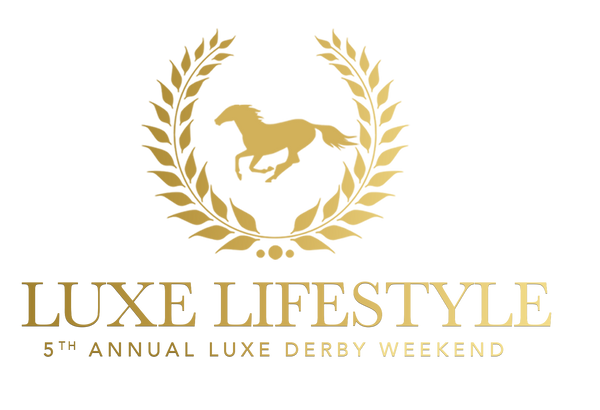The History

The Forgotten Kings: How Black Horsemen Built American Racing
Before horse racing was a billion-dollar industry, it was a sport shaped by Black hands—enslaved grooms, freedman jockeys, and Black trainers whose genius made thoroughbred racing a national obsession. At Luxe Derby Event, we honor their erased legacy.
The Black Pioneers Who Ruled the Track
From New York’s Belmont Stakes to Maryland’s Preakness, Black horsemen dominated 19th-century racing:

-
Ansel Williamson, a formerly enslaved trainer, won the 1875 Kentucky Derby with Aristides—just 10 years after emancipation.
-
Edward D. Brown, born into slavery, trained Belmont Stakes winners and sold horses to the Vanderbilts.
- Oliver Lewis (a Black jockey) didn’t just win the first Derby—he also triumphed at Lexington’s historic tracks, then the heart of racing.
Isaac Murphy: The Undefeated Legend
Murphy didn’t just win three Kentucky Derbies—he was the first jockey to ever win back-to-back runnings of the Preakness (1880, 1881). His 44% win rate remains unmatched in history.
Jimmy Winkfield: Exiled Champion
After white riders violently pushed Black jockeys out, Winkfield won two Derbies (1901, 1902), then fled to Europe—where he became a millionaire riding for Russian royalty in the Moscow Derby.

The Systemic Erasure
By 1910, Black horsemen were banned from U.S. tracks through:
-
Klan intimidation, including burning stables owned by Black trainers
-
“Jockey Guilds” that blocked Black riders from entry
- Media whitewashing, where Black winners were cropped out of race-day photos

Why This History Belongs at Luxe Derby Event
The silk suits and mint juleps of derby day exist because of these men. We celebrate their legacy not as a footnote, but as the foundation of racing’s glamour.
Join us in honoring the sport’s true architects.
